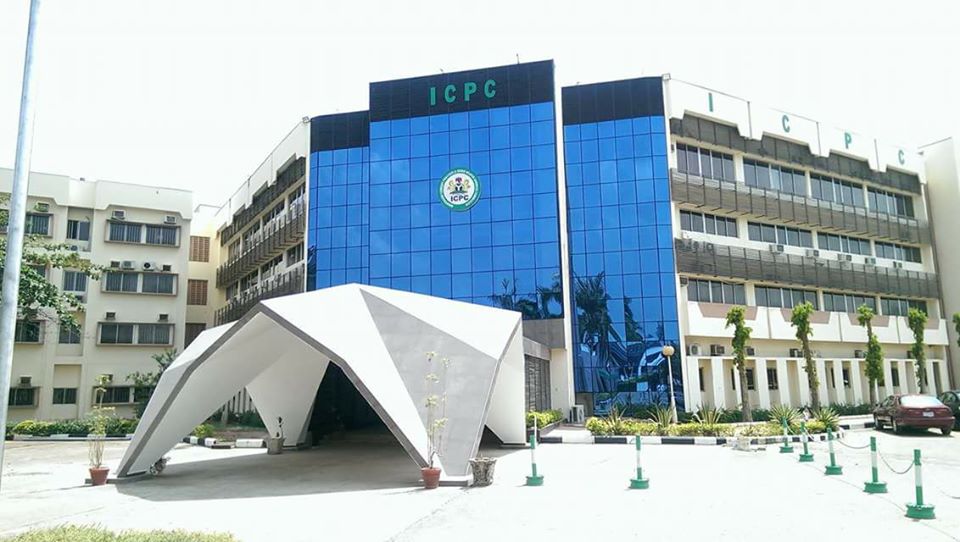The Independent Corrupt Practices and Other Related Offences Commission (ICPC) finds it necessary to issue a statement on the 2019 Corruption Perceptions Index released recently by the Transparency International (TI), the global anti-corruption watchdog. The report ranked Nigeria 146 out of 180 countries with a score of 26 out 0f 100 and painted a dismal picture of the country’s anti-corruption efforts by placing Nigeria as the second most corrupt country in the West African region.
ICPC hereby states categorically that the report is unfair and untenable as Transparency International has consistently failed to recognise the efforts of the government to tame corruption. These efforts include increasing number of cases filed in court and jail terms secured in several convictions against corrupt persons across all levels of society, including hitherto ‘sacred cows’.
More importantly, the strides of government in relation to corruption prevention measures appear to have been totally ignored. Perception is one thing, reality is another. To lend credence to perception, it may be helpful to match it against reality especially when information on perception is coming from a source such as TI. The reality is that government has put in place several mechanisms to ensure transparency in the management of its financial affairs. The IPPIS, GIFMIS, TSA and more recently the portal www.opentreasury.gov.ng are examples in point.
In recognition of the seminal role of prevention in anti-corruption work, ICPC recently released its report of the system study and review exercise on the use of the Personnel Cost and Capital Development Fund in 201 Ministries, Departments and Agencies (MDAs). Allied to this report is also the highly publicised work of the Commission in tracking the use of the funds released for Constituency Projects and the report on the deployment of Ethics and Integrity Compliance Scorecard in 280 MDAs. The reports on these initiatives provided very important policy recommendations to government on corruption prevention which are being acted on, including the restraining of several billions of Naira from release to MDAs which had stood the risk of misappropriation and embezzlement as well government’s recent directive that all MDAs including tertiary education and health institutions get captured on the IPPIS for transparency and accountability on the use of Personnel Cost for Federal Government employees.
It should be noted that Nigeria currently leads Africa in asset recovery. These assets are proceeds of corruption which would have been permanently lost to the country. Denying perpetrators the benefit of their loot is a potent strategy in anti-corruption work. Nigeria has also improved in its rating on open government standards as the government continues to operationalise the 14 commitments enunciated in the Nigeria OGP National Action Plan.
Not the least of the Buhari administration’s efforts to combat corruption is its unassailable political will to tackle the menace. This is amply demonstrated in the support accorded Anti-corruption agencies by way of increased resources and stance of non-interference.
Going forward, it would be helpful if TI would publish its research parameters so its data can be disaggregated rather than build its rankings on a few issues such as political corruption. No doubt we are not yet where we ought to be, but we have not been stationary either. The country has moved well away from where it was a number of years back in terms of enforcement, prevention and citizen engagement against corruption. ICPC is firmly persuaded that the silent majority of Nigerians appreciate the anti-corruption efforts of the government led by President Muhammadu Buhari even if TI does not.
We shall not be distracted but continue to forge ahead.


